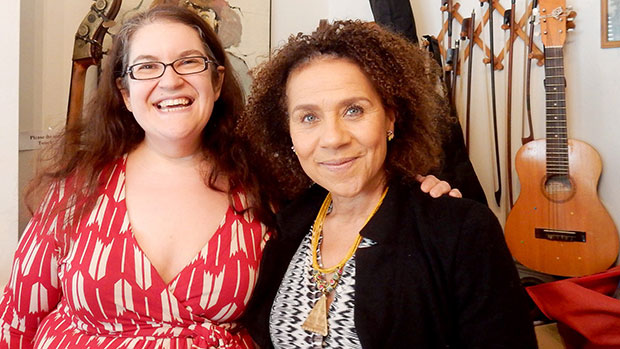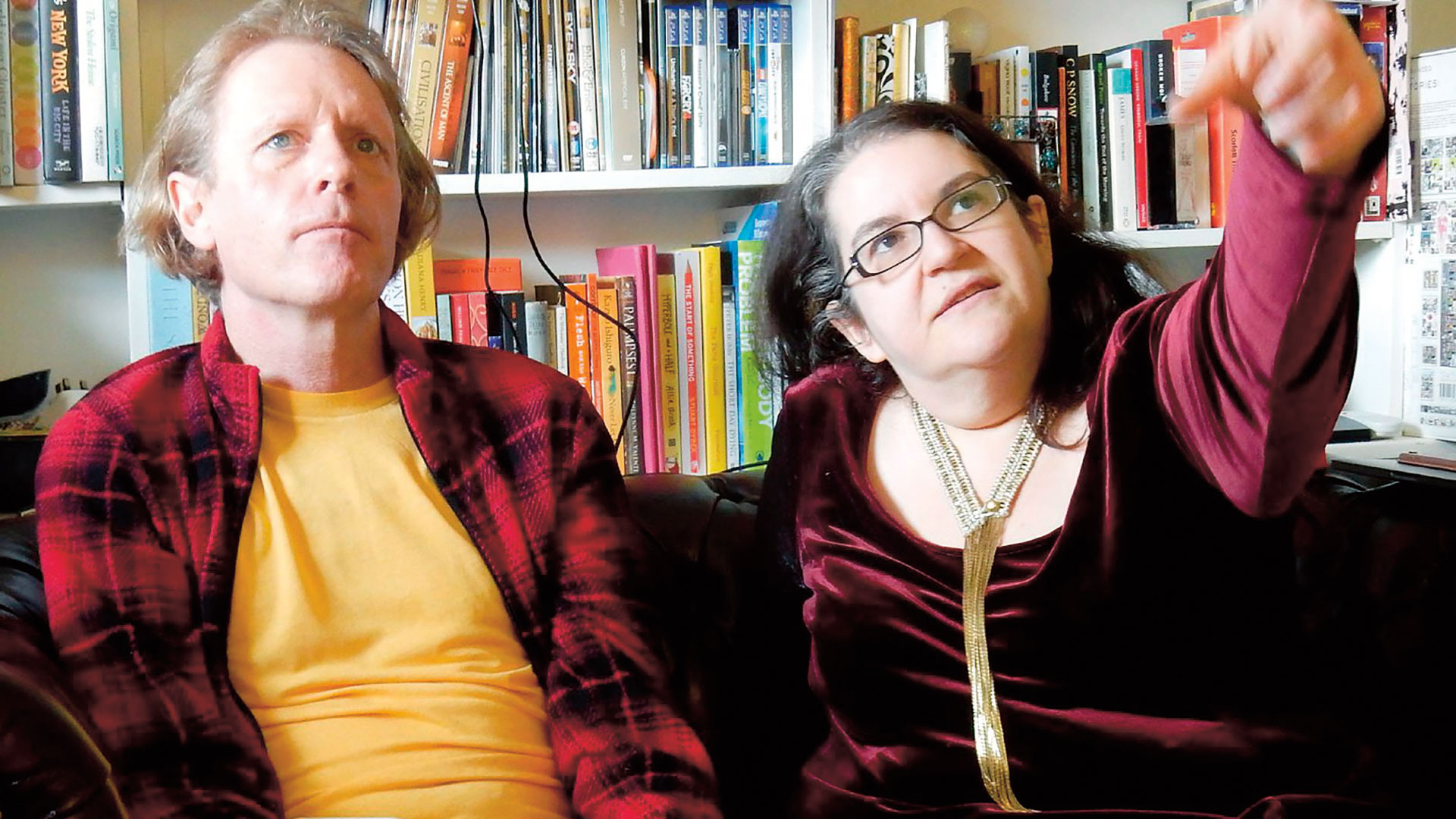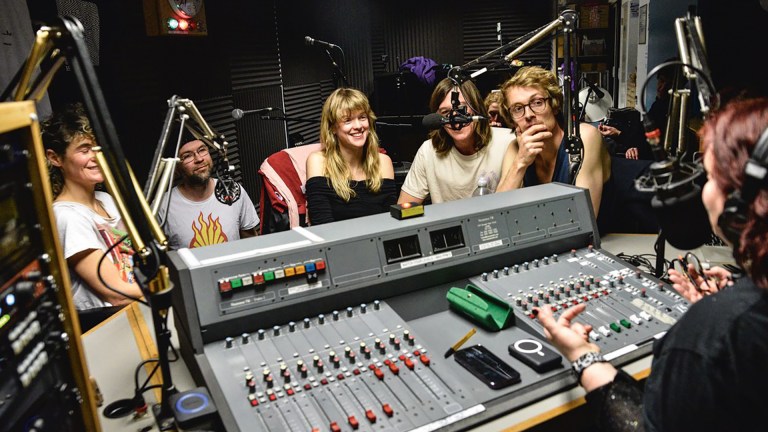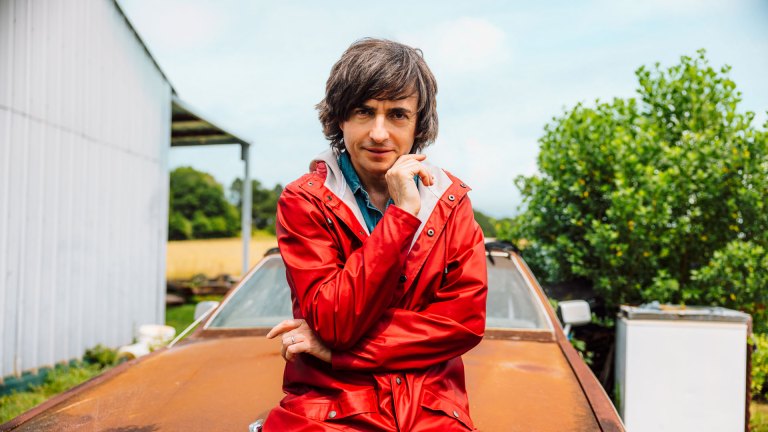Radio 4’s new commissioning editor of arts, James Runcie, stated that he wanted to do for the arts what Radio 4 has done to science. This was clumsily reported in The Observer, which wrote, “with mathematicians, physicists and doctors dominating much of the airtime on BBC Radio 4, science coverage has never had it so good. But is it time to restore some balance?”
I should declare my interest, I work for the Radio 4 Science Unit. For this reason, I thought I better use evidence before becoming tetchy. Looking at the Radio 4 listings for that week, arts-based shows outnumbered science-based programmes by at least three to one, even if I didn’t include adaptations of books or afternoon plays. The continuing desire by some to draw a line between “the two cultures” of art and science is not helpful to anyone. Those who are curious about Tolstoy and Thomas Hardy are often intrigued by Beryllium and Bohr, too. Runcie’s point was not that science dominated the airwaves, merely that the way arts was discussed needed to be reinvigorated.
The continuing desire by some to draw a line between “the two cultures” of art and science is not helpful to anyone
The first creation from this new manifesto is Only Artists, a remake of Chain Reaction, which was a tag match interview series where each week’s interviewee would become the following week’s interviewer. Johnny Vegas would interview Stewart Lee who would interview Alan Moore who inter-viewed Brian Eno. It is a producer’s nightmare. In later series, it became dominated by comedians as there are always some of them available when you are finding it tricky to link a chain.
The first interviewer of the artist- based version was Grayson Perry, who is the dominant public face of contemporary British art, and with good reason. He is passionate and engaging. He has the rare quality of creating multiple public conversations without artifice. His TV series on class showed what can be revealed if you approach people without condescension.
He wheeled his bicycle into Naomi Alderman’s cluttered flat for this first episode. Alderman is a novelist and writer of computer games. Perry is not a computer game aficionado, he was suspicious of the world he was being introduced to. To him, these games were populated by “clichés of the idea of imagination… it’s like other people’s dreams, it doesn’t really gel with me”; though this didn’t mean he would immediately discount it as art.

Both artists were keen to reject boundaries. Alderman grew up in an Orthodox-Jewish environment, and once she left that she was keen to avoid all societal and culture restrictions.









